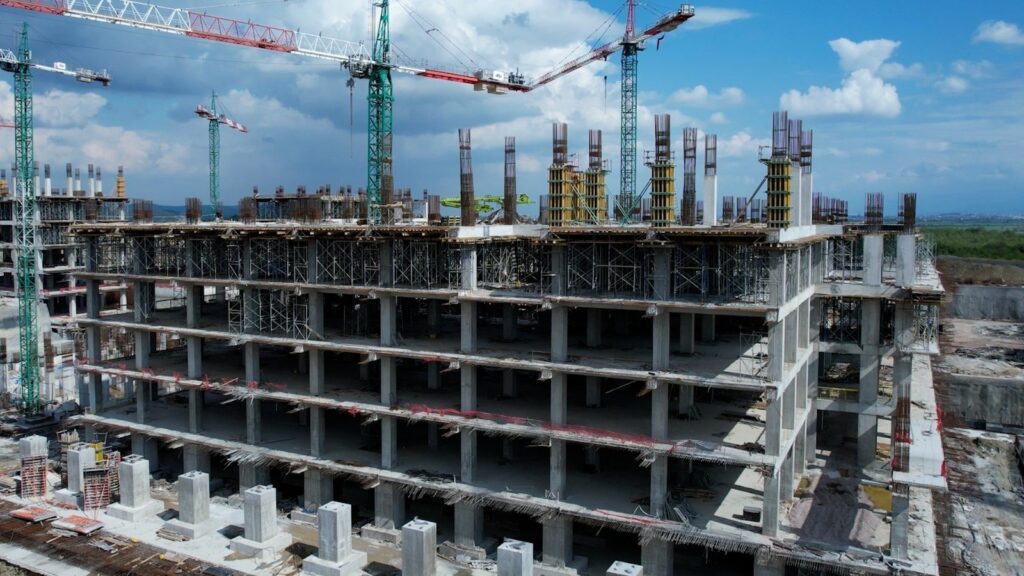Addressing Problems Faced in the Construction Sector

Aydın Chamber of Commerce (AYTO) addressed the issues and challenges encountered in the construction sector. Yüksel Yolçi, a member of the AYTO Board of Directors, provided insights into delays and disruptions arising from building inspection issues in the construction sector. Evaluating the problems encountered and proposing solutions, Yolçi emphasized, “The locomotive of the country’s economy, the construction sector, is awaiting solutions.”
Yüksel Yolçi, a member of the AYTO Board of Directors, not only evaluated the problems encountered in the sector but also provided solution proposals, informing stakeholders within the industry. Highlighting the construction sector’s pivotal role in stimulating over 250 sub-sectors within industry and services, both small and large, in terms of employment and added value to the Turkish economy, Yolçi stated, “Hence, it is crucial to address issues related to intermediaries involved in municipal projects in this vital sector. Failure to resolve professional issues in licensing units also poses a problem. Furthermore, due to the lack of cooperation between contractor firms, professional associations, and other stakeholders, problems in relationships remain unresolved. Discrepancies between regulations and implementation, as well as the asynchronous progress of planning and construction control units, lead to issues within contractor firms and professional groups involved in projects. Failure to adapt to digitalization complicates documentation processes, and the lack of collaboration with media outlets and other stakeholders to raise awareness about urban development and the absence of a solution-oriented approach negatively impact the awareness levels of industry professionals and the public.”
Continuing his statement, Yolçi pointed out, “Despite upfront payment of building inspection fees for projects under 1000 square meters, inspection firms sometimes arbitrarily cancel or delay processes, and problems related to inspection-related laboratories persist. Issues such as non-compliance with schedules, problems arising from tasks conducted after working hours, and postponement to future dates, as well as allowing concrete pours after 5:00 PM or the next day for an additional fee, all stemming from building inspection situations, are taken advantage of by individuals and firms. These delays and disruptions, along with the associated economic and temporal issues, need to be addressed. Immediate measures should be taken to overcome sectoral challenges, and our voices should be heard.”
Yolçi’s statements underscore the urgency of taking action to overcome the challenges facing the construction sector.







